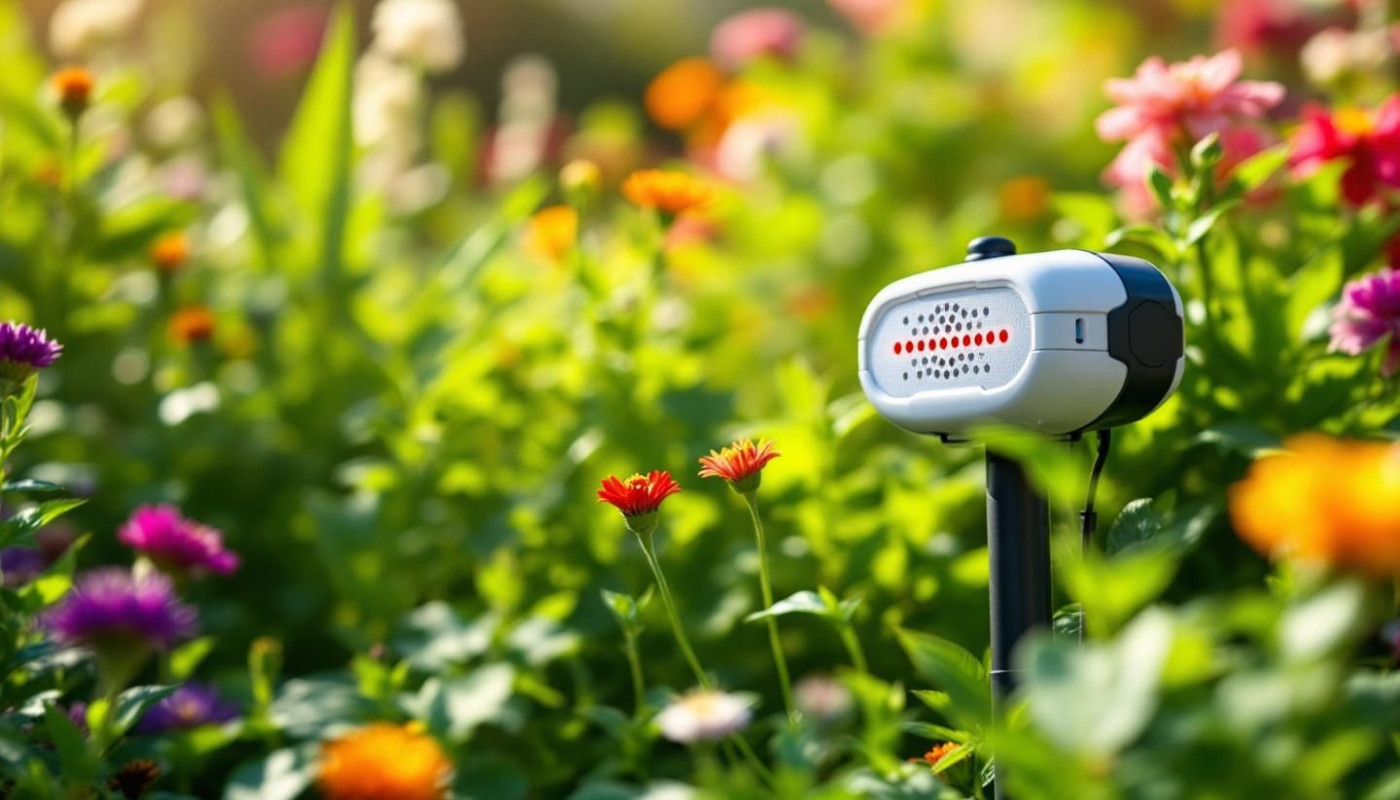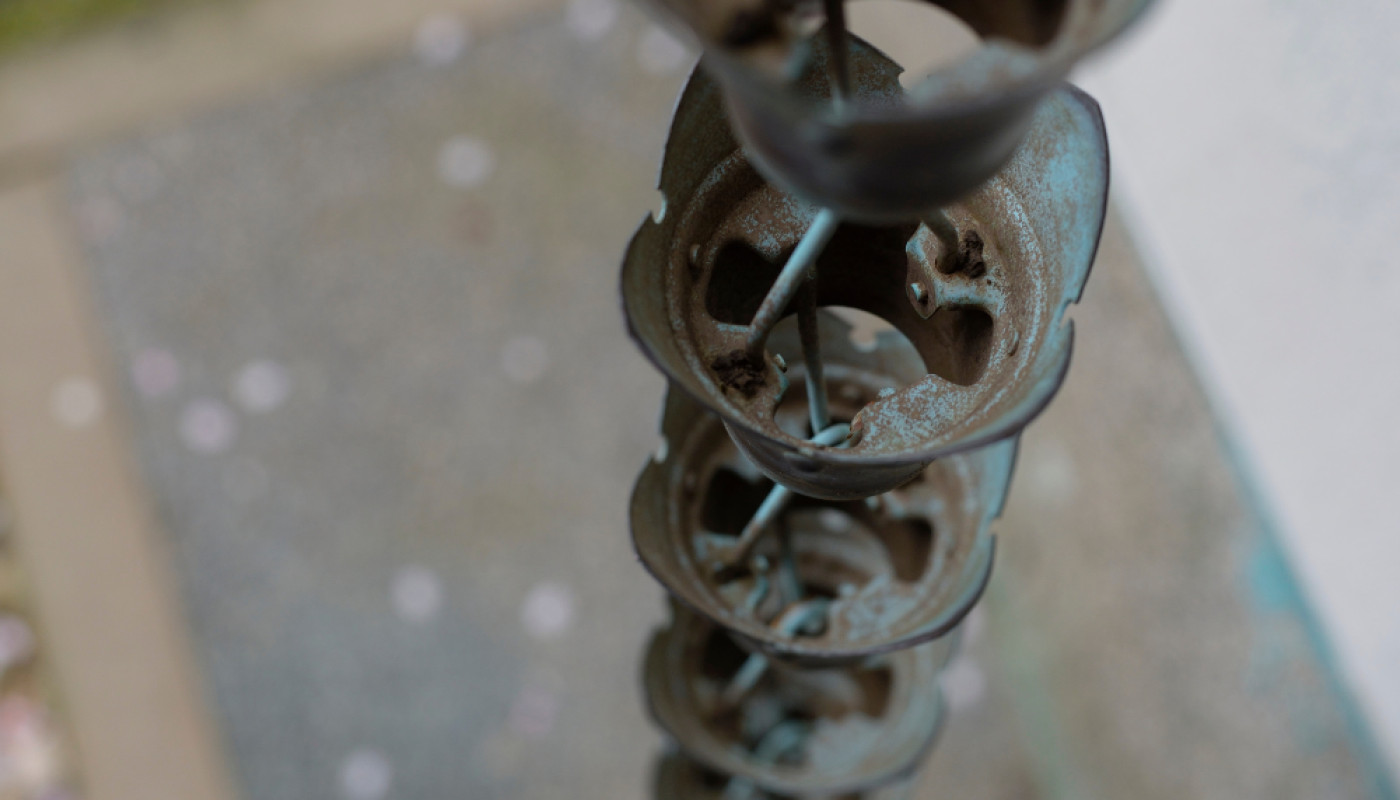Table of contents
The world of home automation is rapidly evolving, and its benefits are increasingly accessible to a demographic that stands to gain immensely from its advancements: seniors. As we age, the importance of a secure, comfortable, and convenient living environment becomes paramount. Delve into the exciting possibilities that home automation offers to enhance the quality of life for our elder loved ones. This engaging exploration will reveal how technology can simplify daily routines, increase safety, and provide peace of mind for both seniors and their families.
Understanding Home Automation
Home automation represents a significant advancement in how living spaces can be tailored to meet the unique needs of individuals, particularly seniors. By integrating smart home technology into their daily lives, elderly residents can enjoy a responsive environment that adjusts to their routines and preferences, enhancing both comfort and safety. With user-friendly interfaces, these automated systems allow for a high degree of elderly independence, reducing the need for constant assistance and enabling a more dignified lifestyle.
At the heart of this technology is the Internet of Things (IoT), which connects various home devices to one another and allows for centralized control, often via a simple app or voice commands. For example, automated lighting can illuminate spaces as someone enters a room, reducing fall risks at night, while smart thermostats can ensure the temperature is always at an optimal level without manual adjustments. Security systems, equipped with motion sensors and cameras, can offer peace of mind by alerting seniors and caregivers to potential dangers or unexpected visitors. Tailored to individual preferences, these innovations underscore a commitment to not only simplifying daily tasks but also to bolstering the well-being of seniors within their own homes.
Enhancing Comfort Through Automation
Home automation serves as a cornerstone of ambient assisted living (AAL), offering seniors the ability to manage their living environment effortlessly. Advancements in climate control technology mean temperatures can be finely tuned to individual preferences, mitigating the discomfort of extreme weather and promoting a consistently pleasant atmosphere. Voice-activated devices extend the convenience further, enabling residents to make adjustments without the need to physically interact with controls. The simple luxury of commanding a room's lighting or thermostat with a spoken word not only enhances comfort living but also circumvents the challenges that come with reduced mobility or dexterity.
Automated lighting systems play a pivotal role in creating a tranquil and safe home environment. With adaptive interfaces, seniors can easily program lights to adjust in response to natural daylight levels or time of day, reducing the risk of accidents and eyestrain. Entertainment systems are not left behind, as they can be seamlessly integrated into home automation to deliver music, audiobooks, or news with minimal interaction. The expertise of an occupational therapist specializing in assistive technology for seniors is invaluable in tailoring these systems to match the unique needs of each individual, ensuring that the transition to a smart home not only elevates comfort but also supports their independence and well-being.
Improving Safety with Smart Solutions
The advent of home automation has been a game-changer in enhancing the safety of seniors within their living spaces. With the integration of fall detection technology, smart sensors embedded within the home can instantly identify when a fall occurs, swiftly initiating a cascade of responses. These intelligent systems are capable of sending automated alerts to family members and emergency response teams, thus reducing the response time and potentially saving lives.
Moreover, security monitoring has evolved beyond traditional alarm systems. Now, high-definition cameras and motion sensors work in concert to provide real-time surveillance, allowing for immediate intervention in the event of any unusual activity. For seniors, this layer of protection can be particularly reassuring, offering them and their loved ones peace of mind.
A critical element in this safety infrastructure is health alert systems. These systems are designed to monitor vital signs and detect deviations from normal patterns, signaling possible health concerns. In such instances, a designated healthcare professional, preferably one with expertise in geriatric care and telecare, can be alerted to assess the situation promptly. This proactive approach can be vital in preventing medical emergencies before they escalate.
Overall, the implementation of home automation for seniors serves not only to provide convenience but also to significantly improve their security and well-being. As they age, the importance of maintaining an environment where they can live independently, yet securely, cannot be overstated. By leveraging technology like smart sensors and health alert systems, we can ensure that our elders are looked after in the most advanced and compassionate manner.
Staying Connected with Loved Ones
In the realm of home automation, social technology plays a pivotal role in nurturing the emotional well-being of seniors by keeping them connected with family and friends. With advancements in video communication and instant messaging, smart devices offer a simplified means for the elderly to engage in digital interaction, thereby bridging the distance between them and their loved ones. These innovations are not merely a matter of convenience; they are instrumental in maintaining social connectivity. The ease of making a video call or sending a message can significantly reduce feelings of loneliness and isolation, which are often faced by the older population. Mental health professionals specializing in geriatric psychology recognize the benefits of such connectedness, as it fosters strengthened relationships and promotes a sense of belonging. By integrating these technologies into the everyday lives of seniors, home automation systems provide them with not just physical support, but also the emotional sustenance needed for a fulfilling life.
Maintaining Independence Through Innovation
Smart home adaptation represents a groundbreaking approach to fostering independent living for the elderly population. By integrating daily routine automation into their living spaces, seniors can enjoy sustained autonomy and self-sufficiency. Assistive innovations such as voice-controlled devices, automated lighting, and smart security systems empower them to perform daily tasks with ease, negating the constant need for outside assistance. The psychological benefit of this technological empowerment is profound; seniors often report enhanced self-esteem and a sense of accomplishment, which are significant contributors to their overall life satisfaction.
Adaptable technology in home automation is a testament to its user-centric design. As the requirements of seniors evolve due to changes in health or mobility, so can the systems that support them. A gerontologist specializing in adaptive living environments would attest that such flexibility is indispensable. These assistive innovations are not static but can be tailored over time, ensuring that the technology remains an enabler of independence rather than a reminder of limitations. Through home automation, seniors can confidently look toward the future, knowing that their homes can adapt to support their desire for continued independence.
Similar articles

Exploring The Effectiveness Of Ultrasonic Repellers In Gardens

The rainwater chain, a symphonic and delicate accessory for your garden !

Unraveling the Mystery of Biosphere Residences

